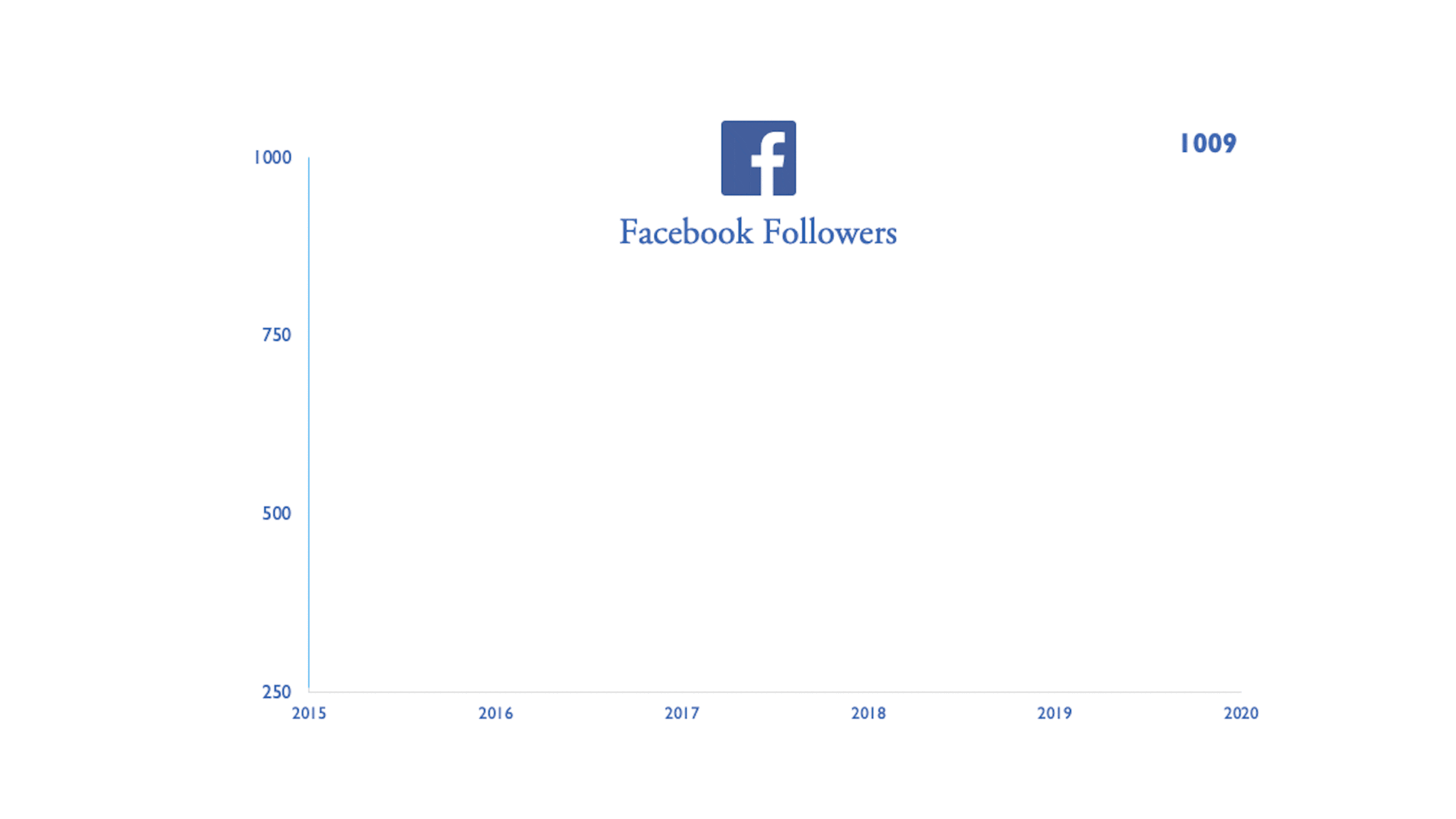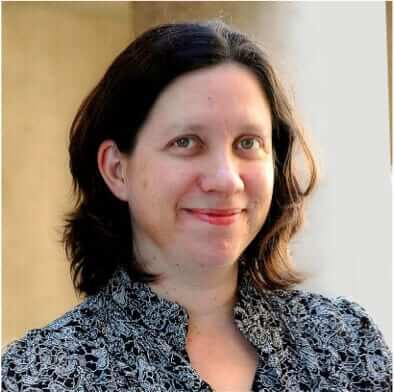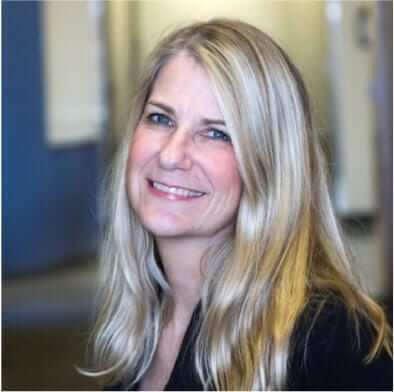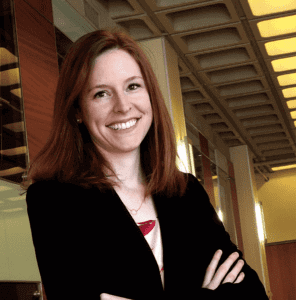
From the Director
DEAR FRIENDS AND SUPPORTERS,
On behalf of everyone at the Center for Media Engagement, we hope that this note finds you, your friends, and your family well. 2020 has been an unbelievable year; I think we will be unpacking it for years to come. Through it, I could not have been prouder to work with the people at the Center for Media Engagement and to know people like you, who share our vision of a vibrant media ecosystem that helps people to learn, to engage in the exchange of ideas, and to work together.
Looking at what we’ve accomplished this past year, you would hardly know it has been filled with challenges. For that, I am grateful to work with people who see difficult times and rise to the occasion, working harder out of a commitment to making a difference and a belief that media engagement is a critical piece of the puzzle. As the country closed down due to the coronavirus pandemic, we got to work analyzing what the public wanted to know from local news and whether the information was available. When protests against police brutality broke out across the country, Associate Director Dr. Gina Masullo put a team together to study how journalism could better serve Black Americans. As the election approached, Program Director of Propaganda Dr. Sam Woolley and his team reported on the campaigns’ use of new technologies and shared their expertise with media outlets around the world. As the media became critical conduits for information and belonging, Program Director of Media Ethics Dr. Scott Stroud and his team published their 100th case study and saw more use of their work as many moved to online learning. And as science communication took center stage, Program Director of Science Communication Dr. Anthony Dudo and his team investigated how to diversify the scientists that communicate with the public and how to help the public learn about the coronavirus pandemic. Throughout all of these efforts, students at the university worked with the center, gaining valuable experience and helping to push our work forward despite an interrupted educational experience.
This year has reinforced for me why we do what we do. Society only works if people have reliable information, trust the institutions providing them with that information, and come together for a mission bigger than any one person or political party. The media are the most important and efficient means for building these critical societal foundations. Our work supports, bolsters, and improves the media ecosystem.
As I look to 2021, I hope it is less tumultuous. I hope it is a year of renewal. We are committed to doing our part, with projects in the works on the use of geo-targeting, the media’s connection to the Latinx community, the influence of social media in the U.S. election, how platforms can signal trust and create more public-friendly spaces, and what the public thinks about how scientists communicate.
The center is able to do this work thanks to generous funding from organizations like the John S. and James L. Knight Foundation, the Democracy Fund, the Hewlett Foundation, Omidyar Network, the Open Society Foundation, the Robert R. McCormick Foundation, the Rita Allen Foundation, and contributions from individual donors. We are grateful for support from the Moody College of Communication and The University of Texas. We are truly appreciative of supporters like you who read, use, and share our work. From the bottom of my heart, thank you for believing in our mission.
Sending you and yours very best wishes for 2021 and my deepest thanks,
Natalie (Talia) Jomini Stroud, Ph.D.
Director, Center for Media Engagement
22
Research Reports
published in the fields of journalism, propaganda, and science communication
43
media ethics case studies
published and in use by more than 90 schools, colleges, universities, and learning platforms
24
op-eds and blogs
written for trade and media organizations
30
newsrooms
collaborated with us on research
34
Peer-reviewed articles
published in journals
2603
citations
of our publications
1
Virtual Event
that reflected on the media's role in 2020 events. Featuring Washington Post reporter David Fahrenthold, co-anchor for America’s News Headquarters on Fox News Arthel Neville, and Emmy Award and Peabody Award-winning national evening news anchor Dan Rather.
21
team members welcomed
2 senior faculty research associates 4 full-time researchers 1 part-time researcher 1 research fellow 3 graduate assistants 8 undergraduate research assistants 1 staff member 1 student technology assistant
New Faculty
Example title
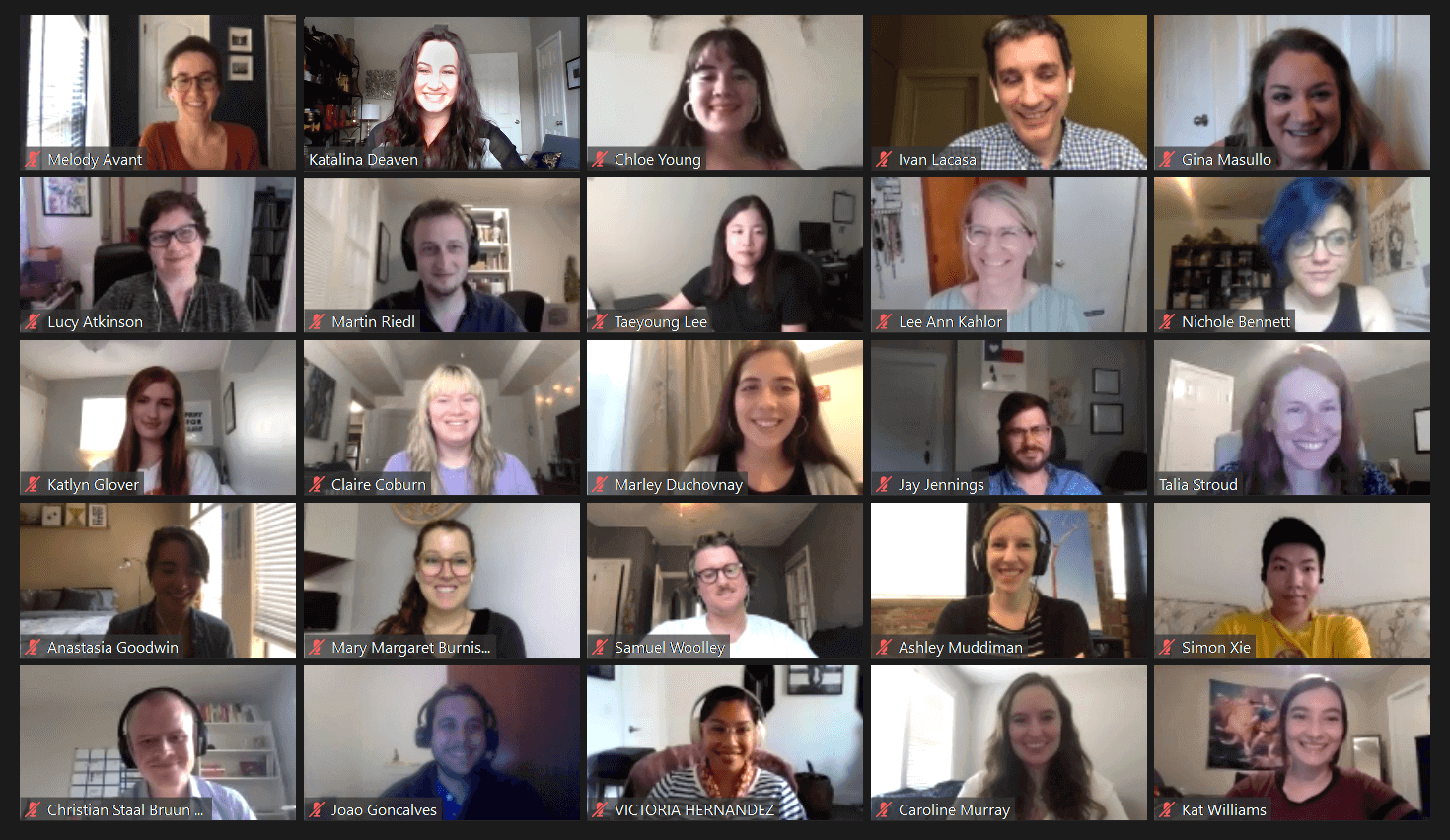
“Society only works if people have reliable information, trust the institutions providing them with that information, and come together for a mission bigger than any one person or political party.”
-Talia Stroud, Director
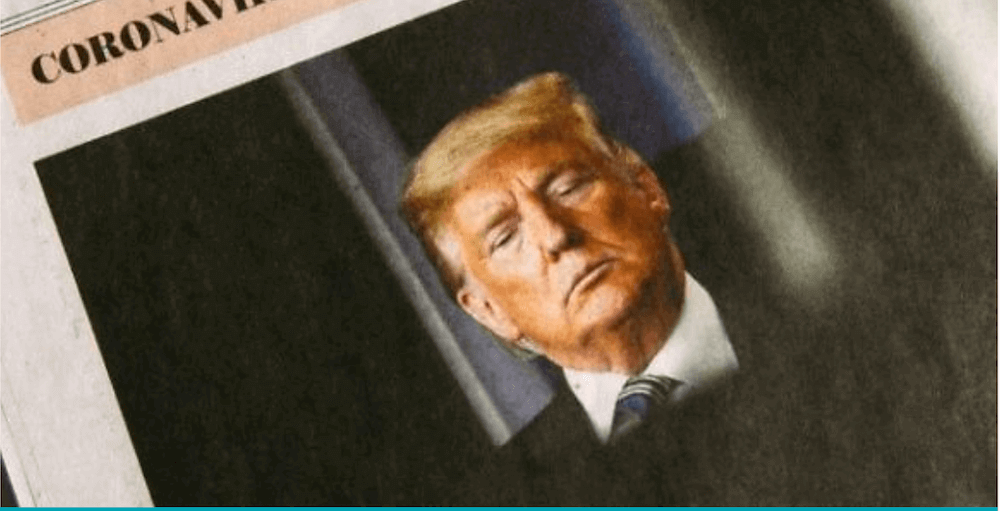
Journalisim
The journalism program at the Center for Media Engagement conducts research alongside newsrooms, social media platforms, and organizations looking to influence media practices for the benefit of democracy.
Journalisim
The journalism program at the Center for Media Engagement conducts research alongside newsrooms, social media platforms, and organizations looking to influence media practices for the benefit of democracy.
Read more › ›
In 2020, we published 18 reports, including several studies that explored media coverage of coronavirus and offered guidance for newsrooms; a ground-breaking study done in partnership with Gannett-owned newsrooms and Coral that tested the value of news comment sections; a study that shared approaches journalists can take to bridge the divide between the media and Black communities; and several studies that offered guidance on finding common ground in spite of political differences. We also published 18 academic articles and reached journalists, academics, thought leaders, and policymakers through our participation in conferences and events.
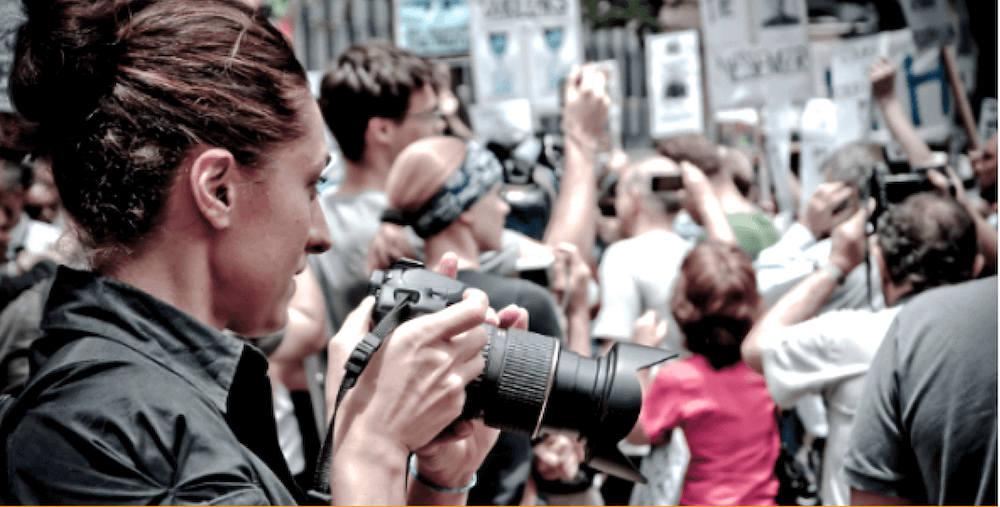
Media Ethics
The Media Ethics Initiative at the Center for Media Engagement endeavors to promote and produce research on cutting-edge topics in media and journalism ethics.
Media Ethics
The Media Ethics Initiative at the Center for Media Engagement endeavors to promote and produce research on cutting-edge topics in media and journalism ethics.
Read more › ›
In 2020, we published 43 case studies that explored difficult issues in media and journalism ethics and covered topics such as political communication, free speech, digital ethics, journalism ethics, advertising and public relations, art and aesthetics, health communication, and South Asian media. These case studies were used by more than 90 schools, colleges, universities, and learning platforms. We also reached a milestone with the release of our 100th case study in October and co-sponsored “Press Freedom in the Age of Alternative Facts,” a virtual event where David McCraw, deputy general counsel for The New York Times, explored the ethical challenges awaiting journalists and the American public that arise at the intersection of law, ethics, and technology.
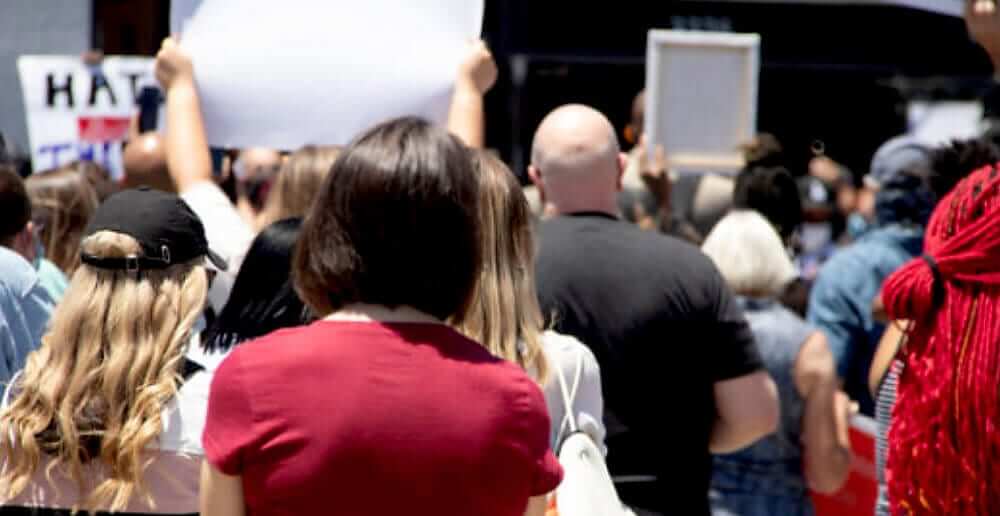
propaganda
The propaganda program at the Center for Media Engagement focuses on how emergent technologies are used in and around global political communication.
propaganda
The propaganda program at the Center for Media Engagement focuses on how emergent technologies are used in and around global political communication.
Read more › ›
In 2020, we published three reports that explored political manipulation on encrypted messaging applications, the phenomenon of social media influencers as an avenue for political campaign communications, and how new forms of direct communication are allowing political campaigns and groups to spread disinformation. We also published numerous op-eds in publications such as Wired, MIT Technology Review, TechStream, Slate, Foreign Affairs, Fast Company, and The Georgetown Law Technology Review. Our team reached thought leaders in disinformation, business, design, and technology by participating in events hosted by organizations such as the National Endowment for Democracy, Facebook, The Information Society Project (ISP), the Hammer Museum, and The Center for Internet and Society at Stanford Law School.

science communication
The science communication program at the Center for Media Engagement focuses on building relationships between scientists and media organizations to improve public engagement with science.
science communication
The science communication program at the Center for Media Engagement focuses on building relationships between scientists and media organizations to improve public engagement with science.
Read more › ›
In 2020, we published 14 peer-reviewed journal articles and a report that explored the important role science engagement fellowships can have in closing the gaps between scientists’ interest in communicating with a broader public and their ability to do so. Our team reached science communication researchers and practitioners, leading scientists, educators, policymakers, journalists, and students by participating in events and trainings for organizations such as the U.S. National Academy of Sciences, the American Association for the Advancement of Science (AAAS), the Texas Department of State Health Services (DSHS) Toxicology Branch, the Rita Allen Foundation Civic Science Learning Lab, and the Civic Science Fellows Launch Convening.
Example title
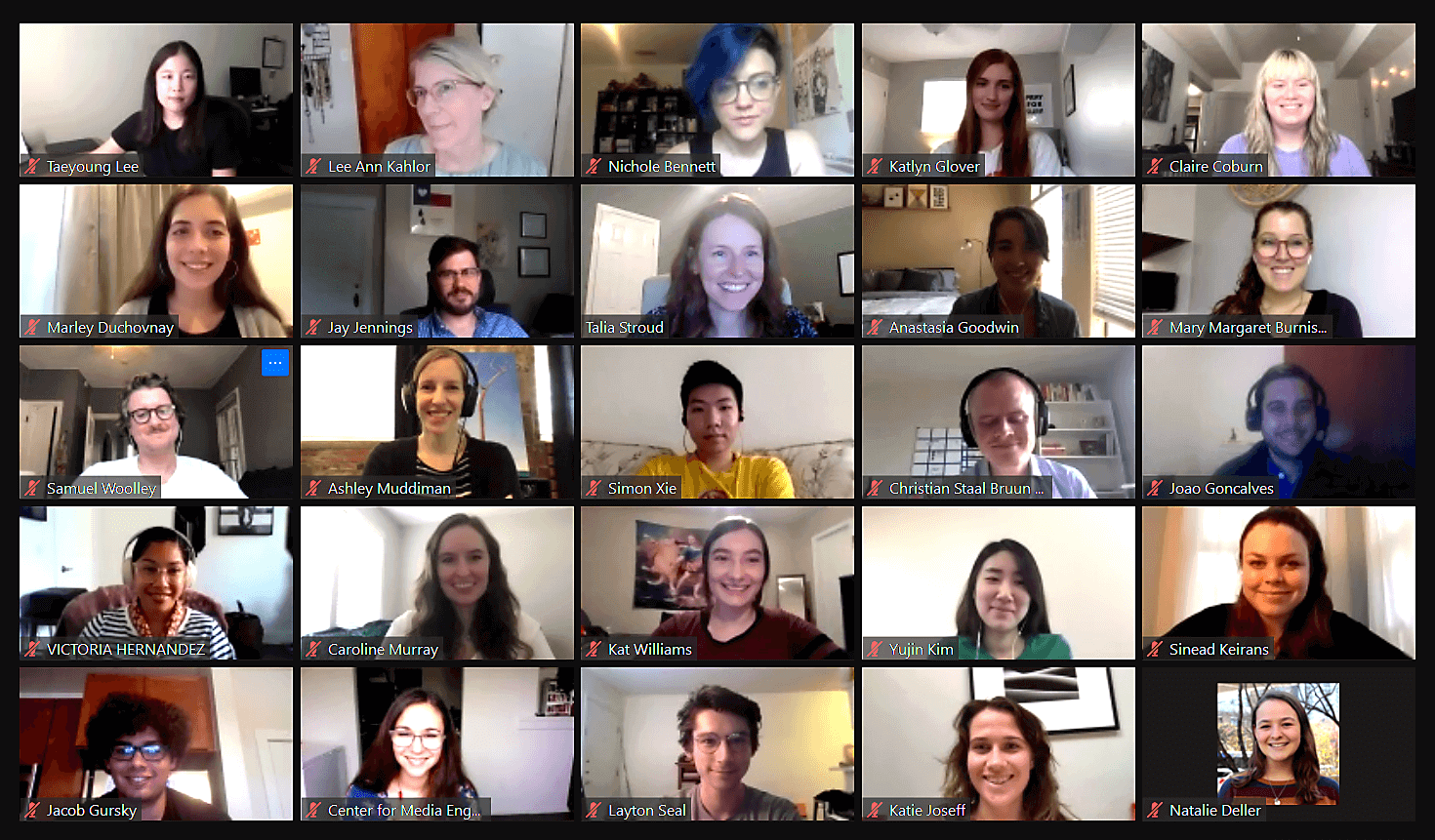
Outreach
As we continue to expand our reach, we look for innovative ways to connect with newsrooms, platforms, and policy leaders. We look forward to new partnerships in the coming year.
Our team reached diverse audiences around the globe at events hosted by organizations such as:
American Association for the Advancement of Science
Association for Education in Journalism and Mass Communication
Cyber Policy Center at the Freeman Spogli Institute for International Studies
Facebook
Hammer Museum
International Communication Association
International Symposium of Online Journalism
IT Pro
Knight Media Forum
National Endowment for Democracy
NYU Center for Social Media and Politics
Points of Light
Shorenstein Center on Media, Politics and Public Policy
The Center for Internet and Society at Stanford Law School
The Information Society Project
Our work was covered by a variety of trade publications and media outlets, including:
American Press Institute
BBC Radio 4
Bloomberg Government
Business Insider
CBS News
CNBC
International News Media Association
Forbes
Los Angeles Times
MIT Technology Review
NBC News
Nieman Lab
Politico
Poynter
Radio Television Digital News Association
Salon
Techworm
The Associated Press
The New Yorker
The New York Times
The Texas Tribune
The Wall Street Journal
The Washington Post
Time
Vice
Wired
Example title
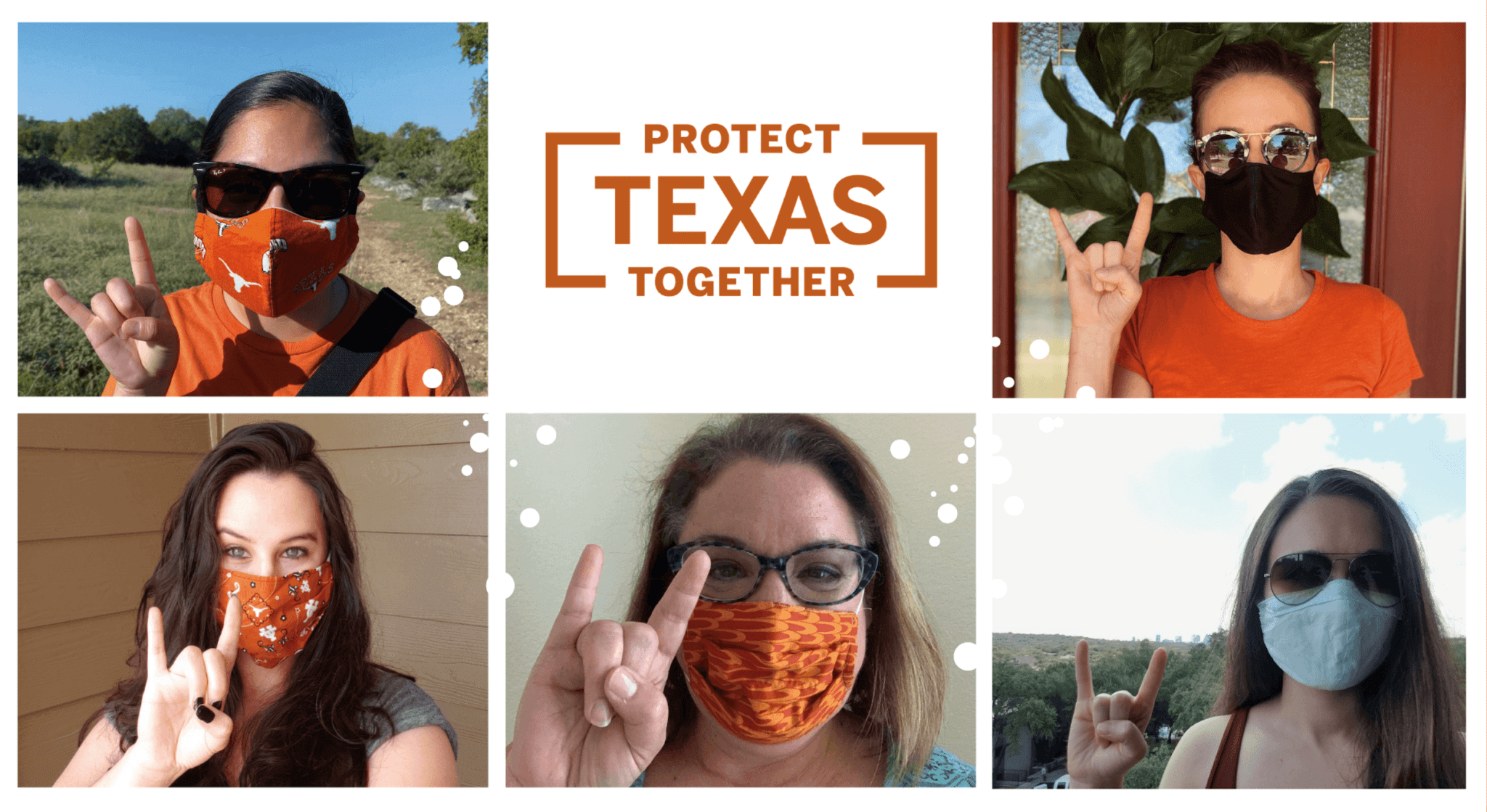
Example title
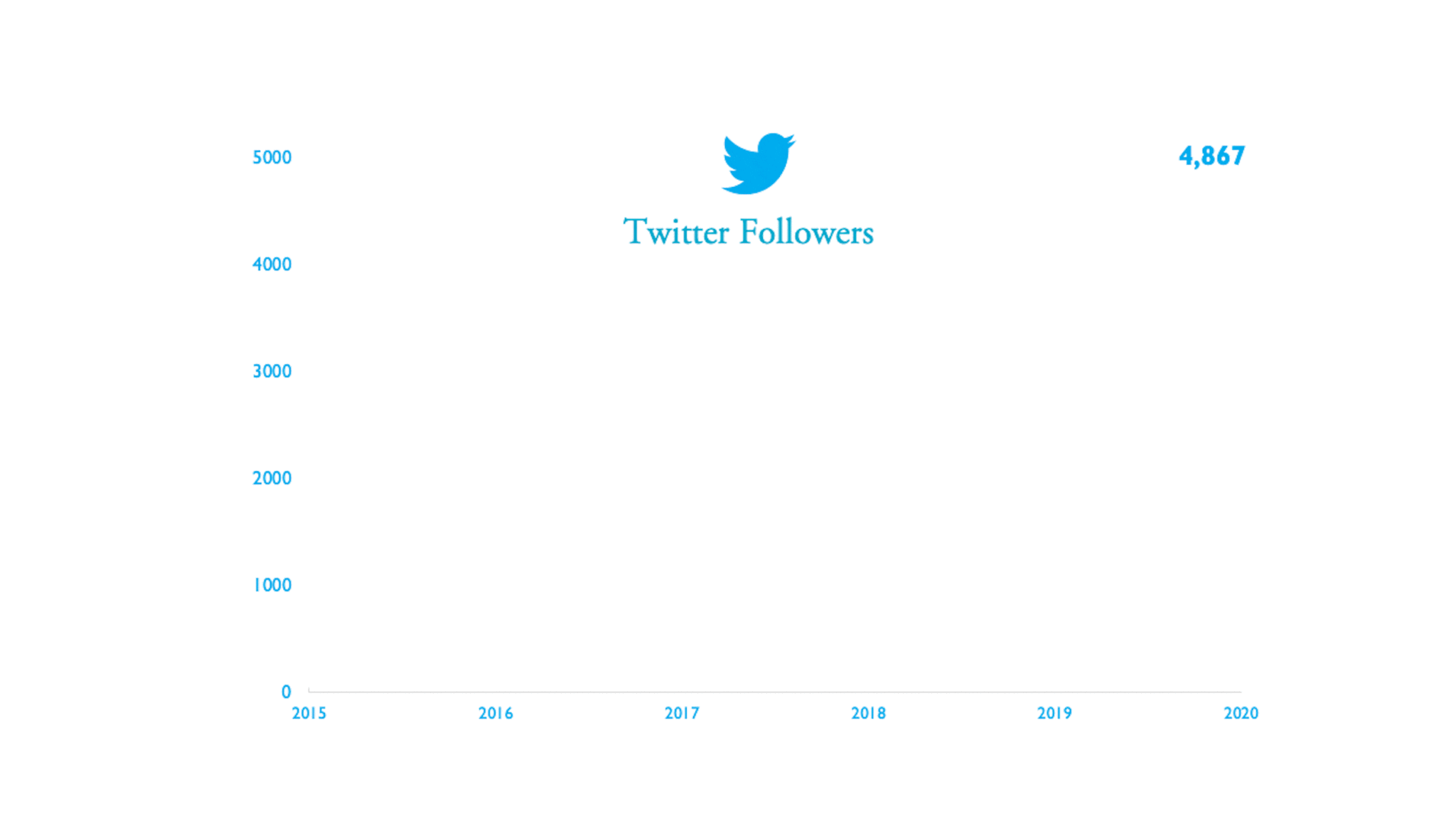
Example title
